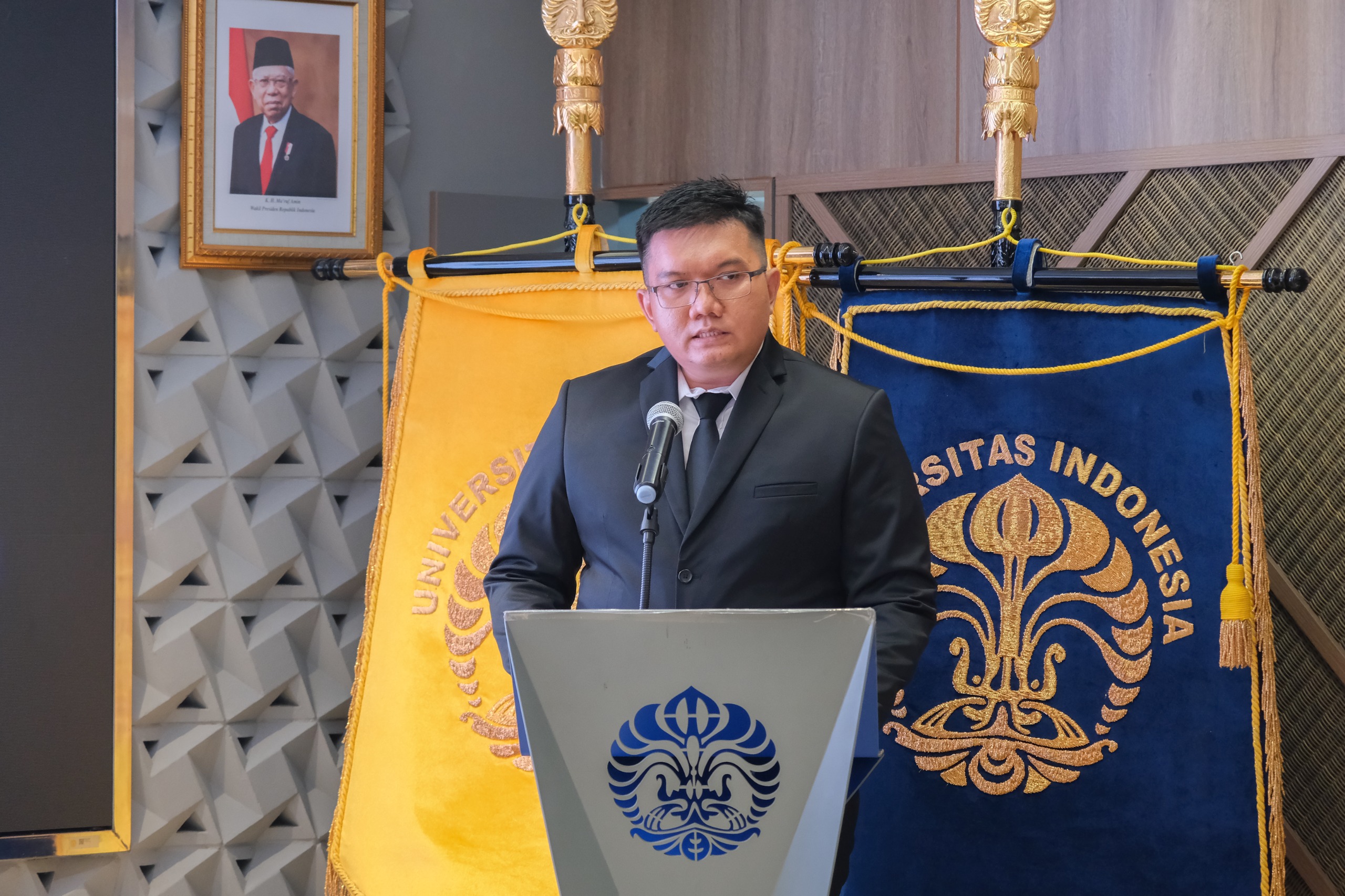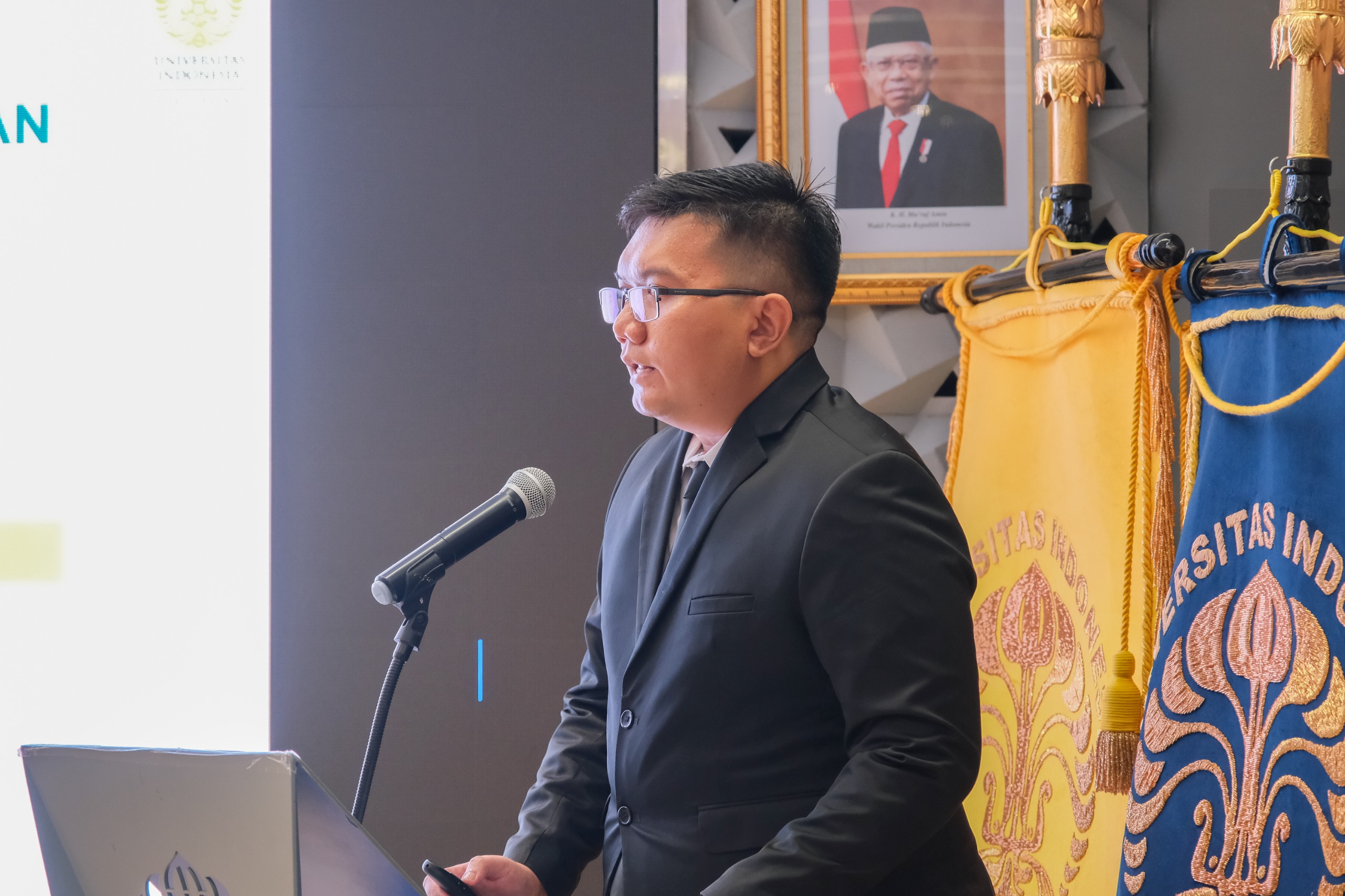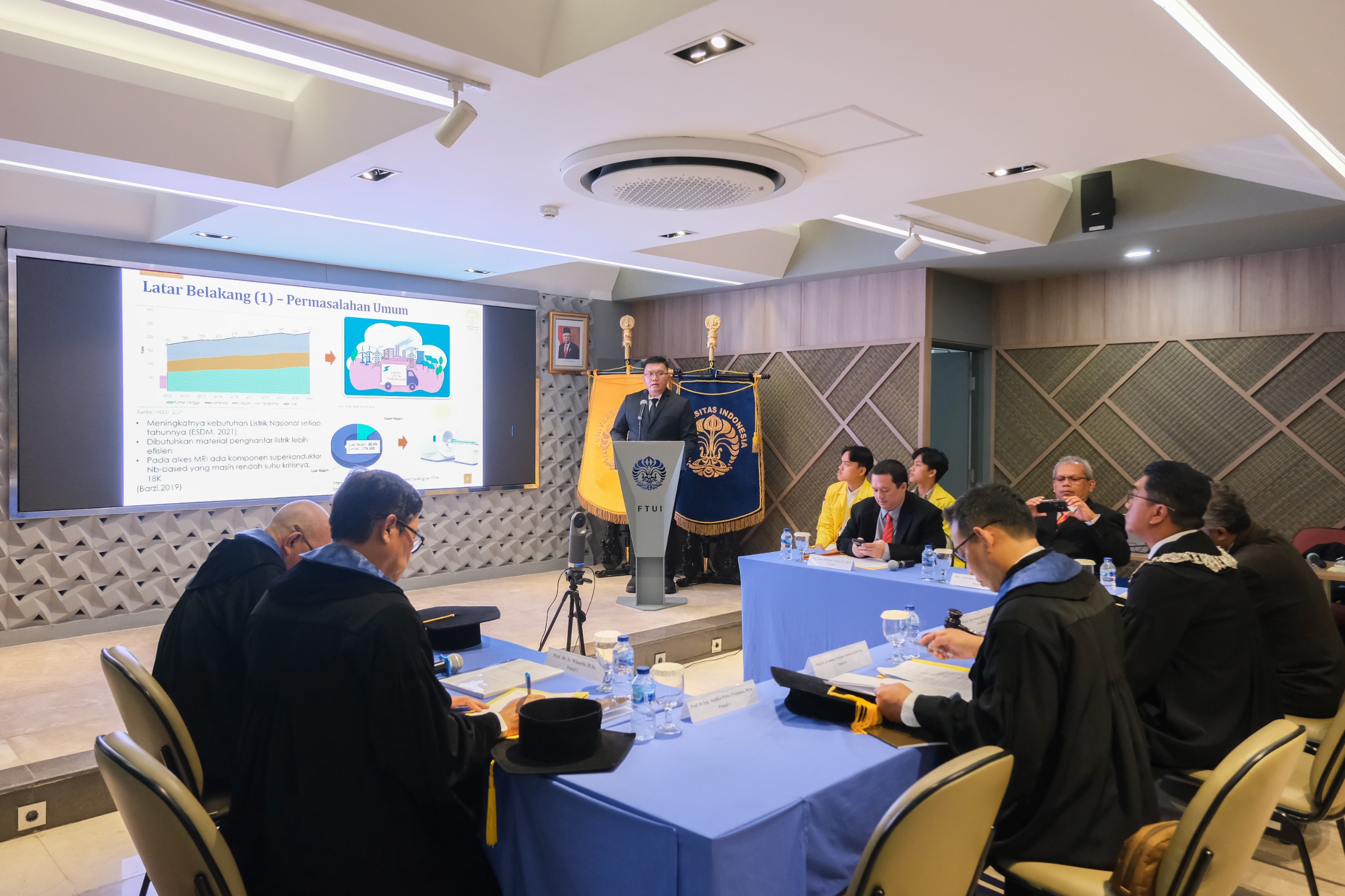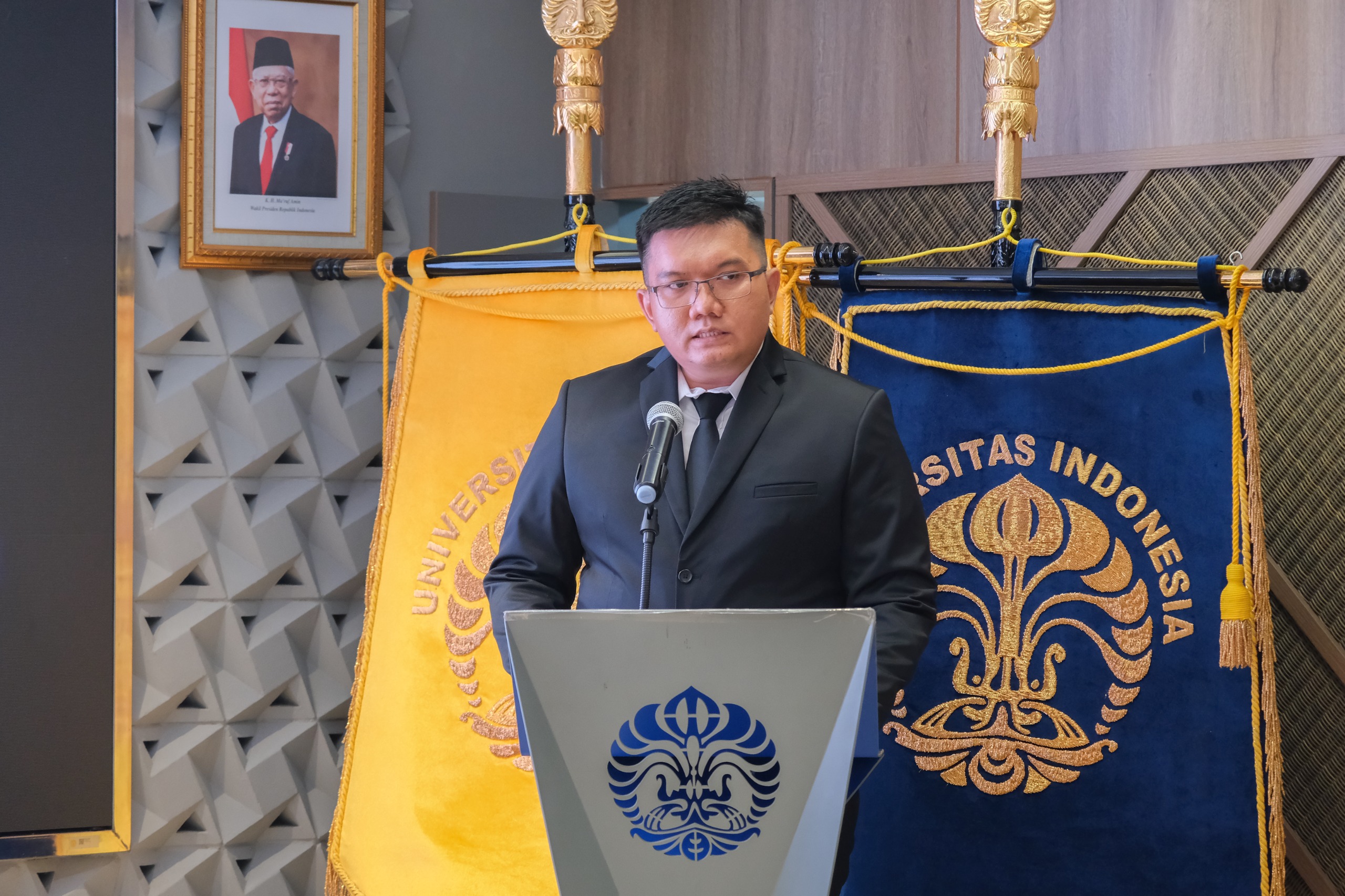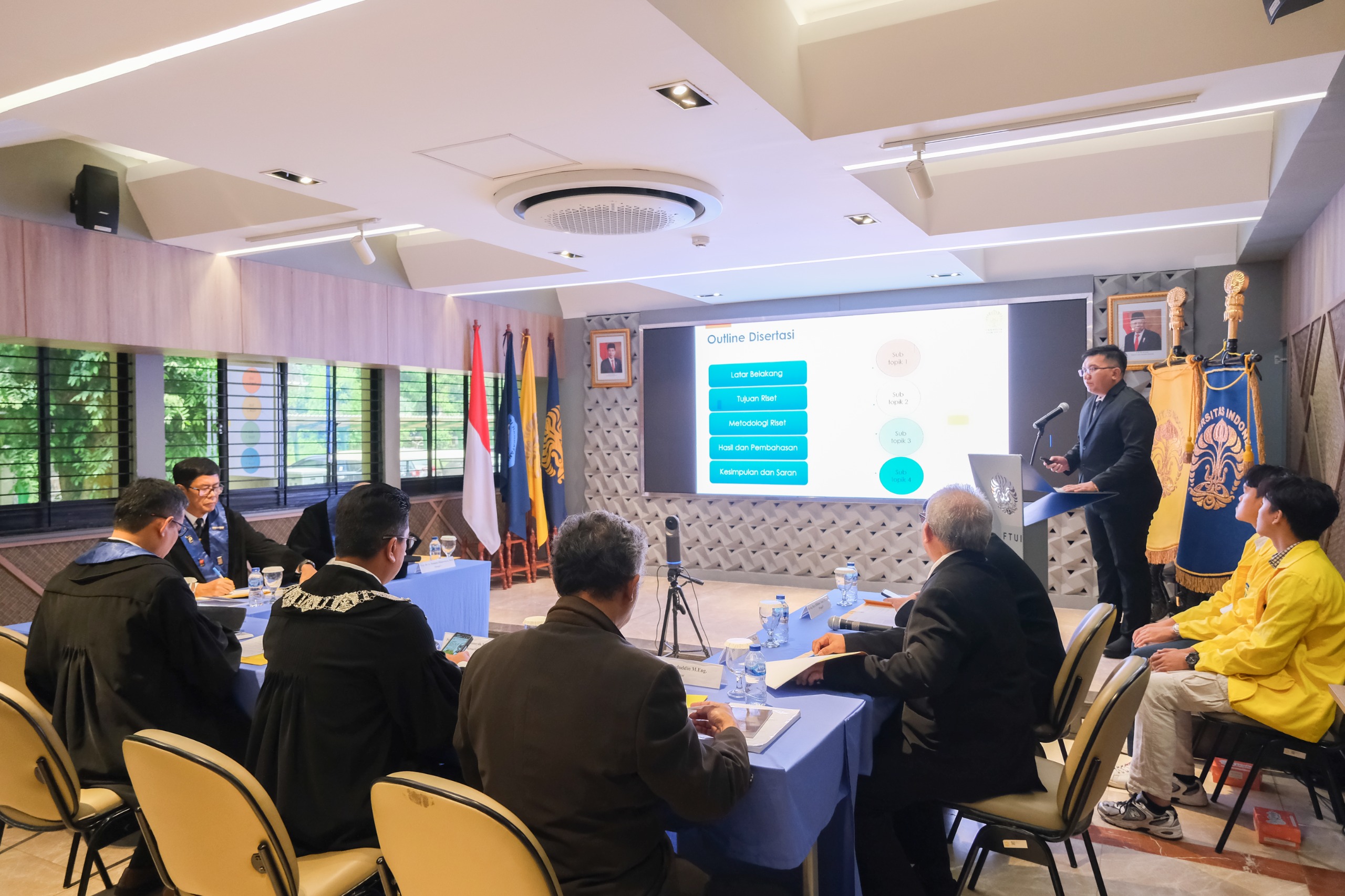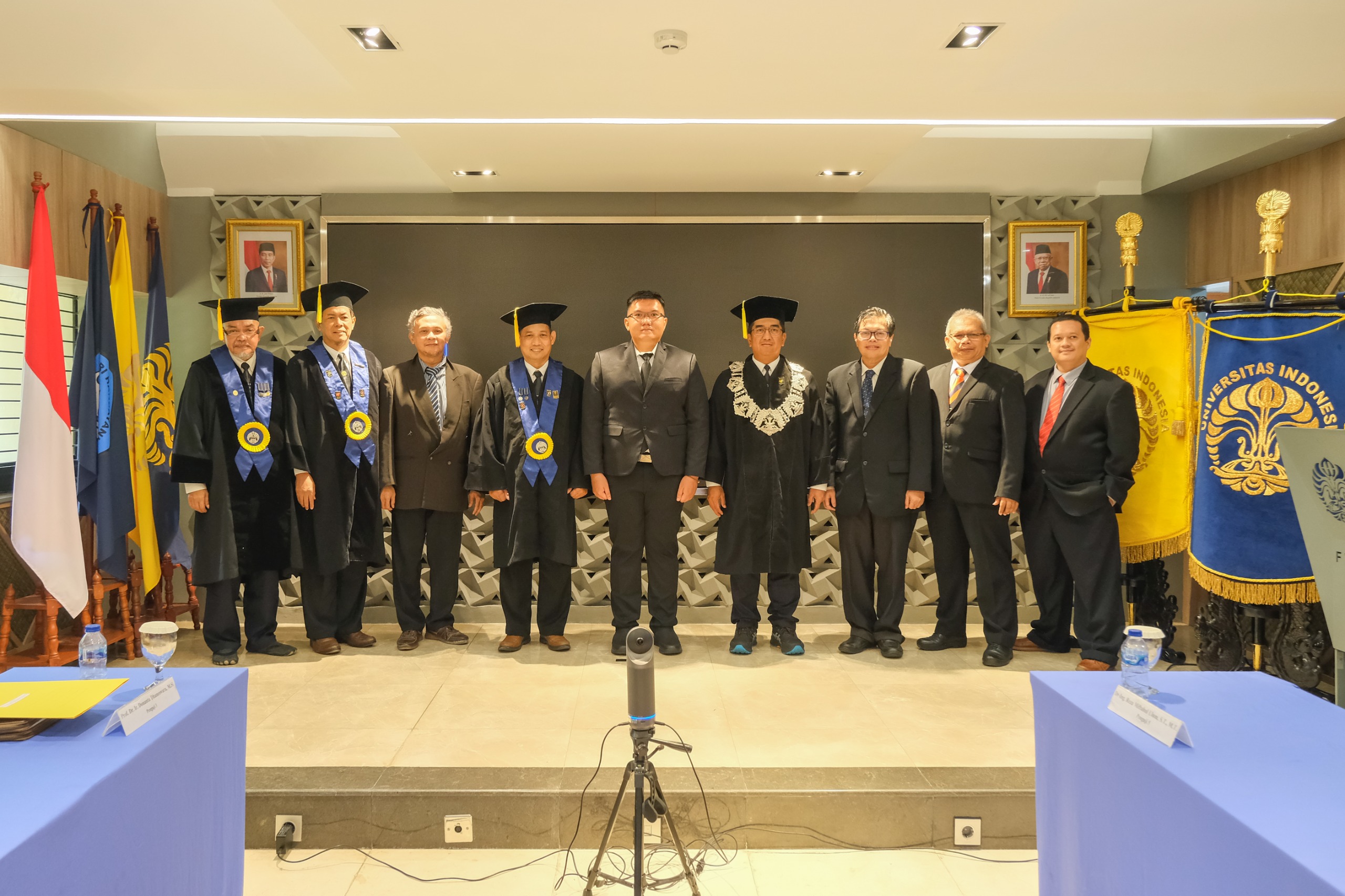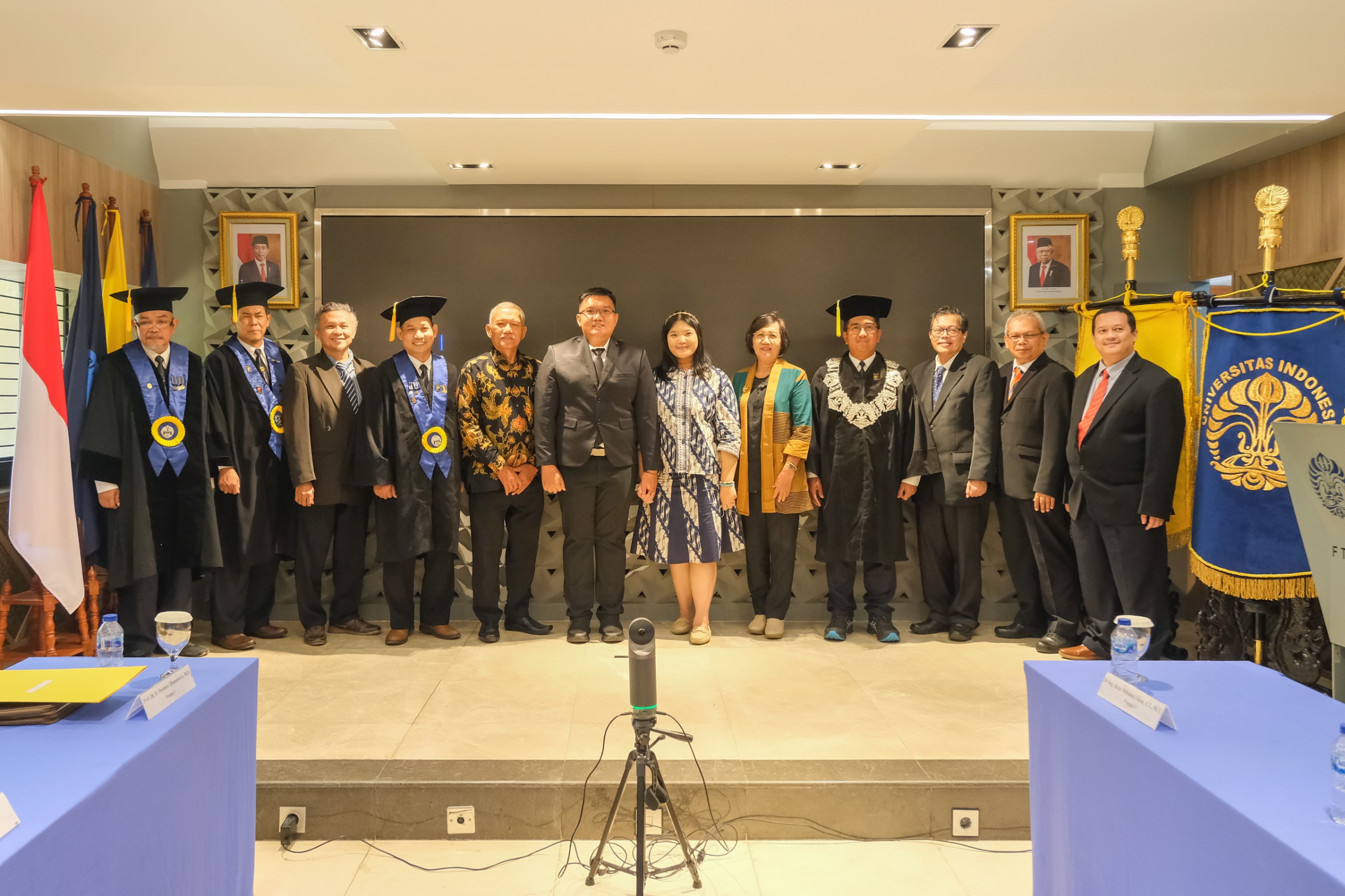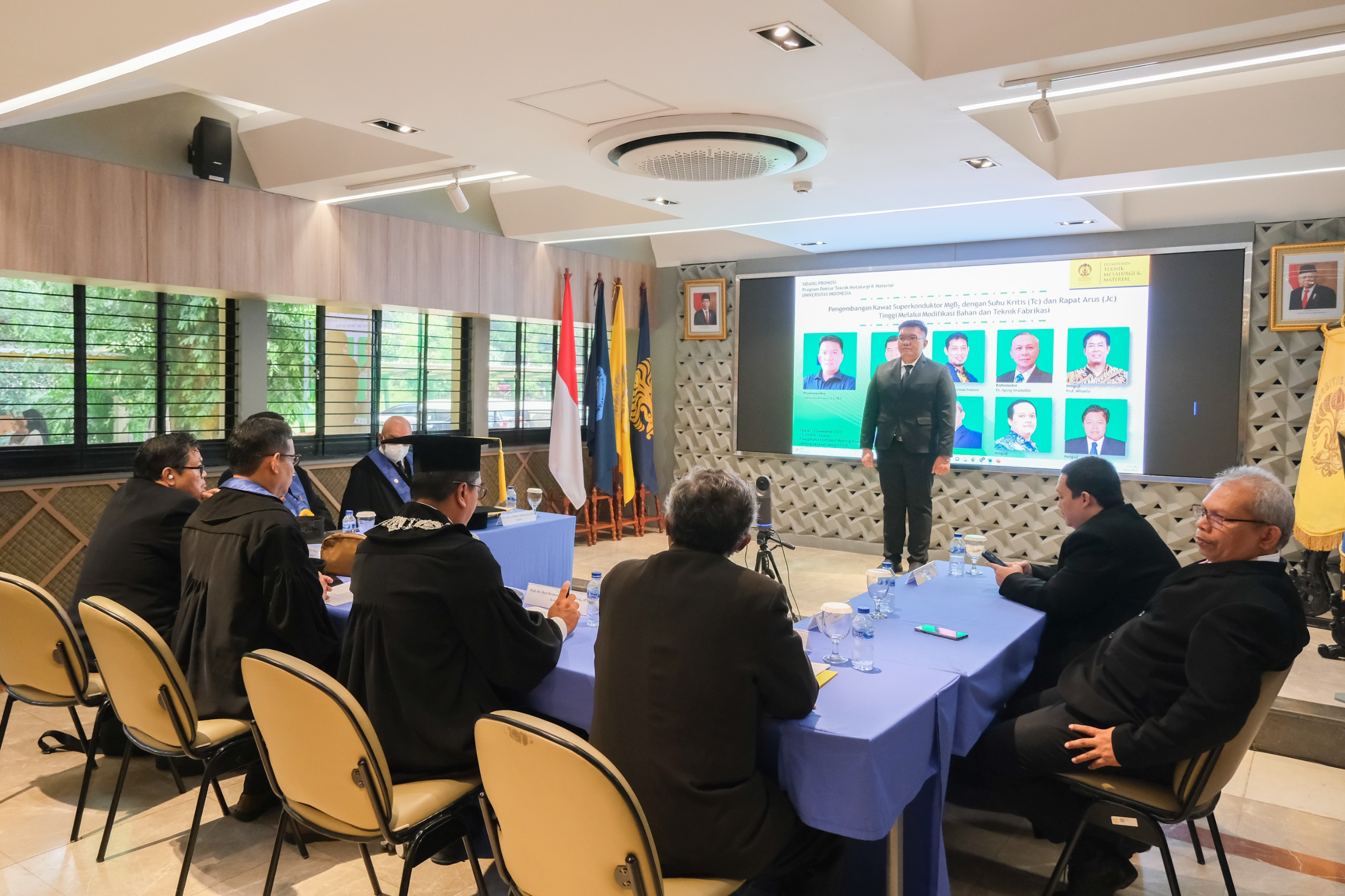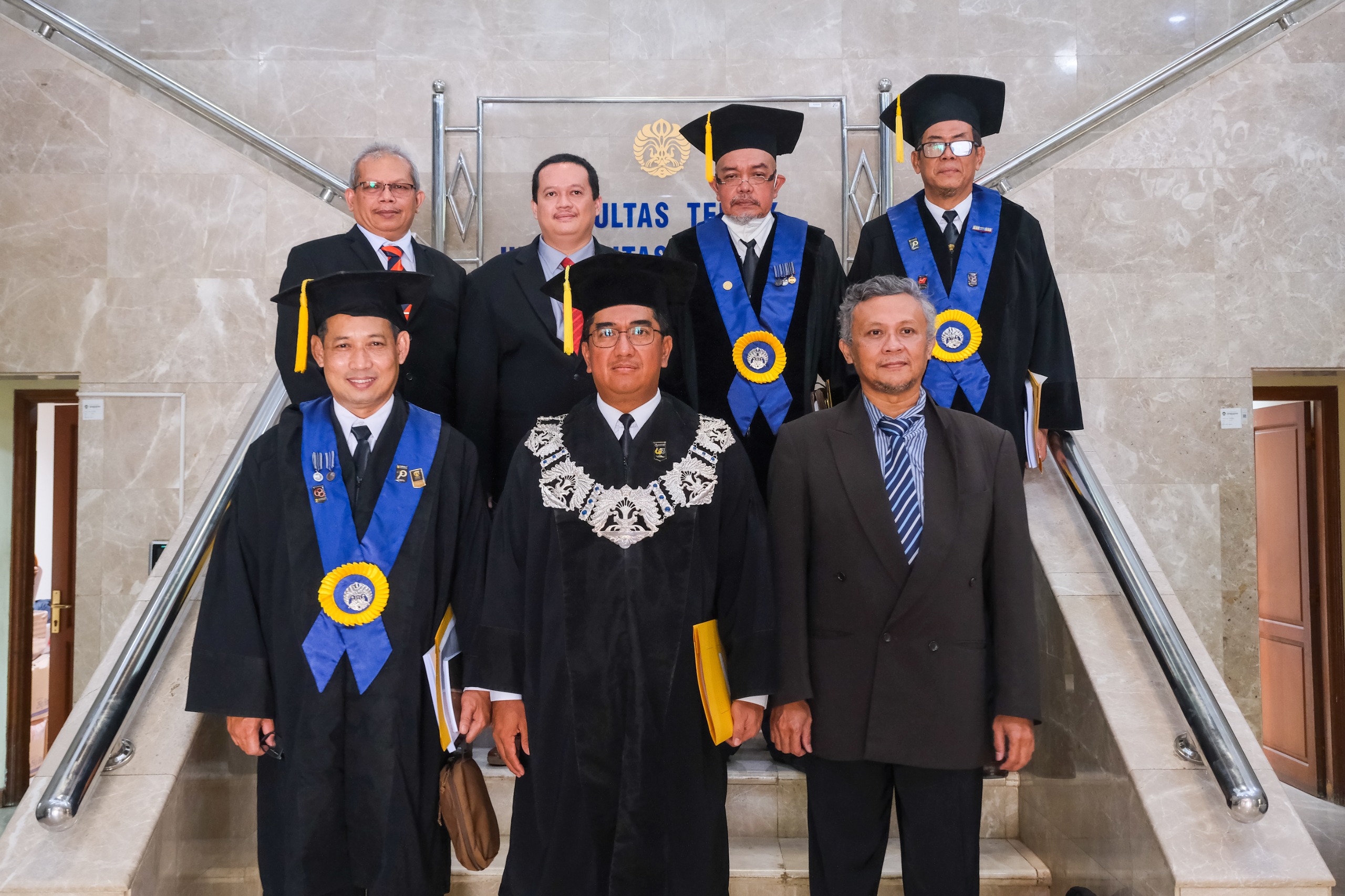Magnetic Resonance Imaging (MRI) devices are used by doctors to diagnose various health issues in patients. The key component of MRI devices is the superconducting magnet along with its cryo-cooling system. The high cost of MRI devices results in high fees for patients or health insurance programs like BPJS Kesehatan when using such diagnostic tools. Therefore, research and development of materials for MRI applications need to be conducted in Indonesia to gradually and comprehensively enhance the mastery of manufacturing technologies for medical devices.
This is the focus of Satrio Herbirowo’s research, a doctoral student in the Metallurgy and Materials Engineering Program at the Faculty of Engineering, University of Indonesia (FTUI). Satrio presented the results of his research in a dissertation titled “Development of MgB2 Superconductor Wire with High Critical Temperature (Tc) and Critical Current Density (Jc) through Material Modification and Fabrication Techniques.” The dissertation was presented at the FTUI Doctoral Promotion session held on Tuesday (12/12) in the Smart Meeting Room, FTUI Dean’s Office Building.
In 2020, Indonesia became the fourth most populous country globally, with a population of 274,603,662. According to data from the Central Statistics Agency (BPS), the life expectancy of the Indonesian population increased from around 66 years in the 1995-2000 period to 71.2 years in 2018. With the increasing population and life expectancy in Indonesia, the risk of various infectious and non-communicable diseases and disasters is also on the rise. One effort that needs to be made is to improve primary healthcare services by enhancing the quality, quantity, and availability of domestic medical devices (MedTech).
“Magnesium Diboride (MgB2) superconductor wire has great potential to be applied as a substitute for conventional conductor wires in supporting medical devices. In this research, the MgB2 superconductor is fabricated in the form of a wire with economical material modification and processes. One of the main components of an MRI device is the superconducting material, which is currently applied conventionally. The development of advanced superconducting materials with better performance and affordable prices is expected to have a significant market potential,” explained Satrio in his presentation.
FTUI Dean, Prof. Dr. Heri Hermansyah, ST., M.Eng., IPU, expressed, “We hope that this research can contribute significantly to the development of superconductors, and hopefully, these findings provide a strong foundation for the development of future superconductor technologies for innovative applications. With a focus on superconductor applications in medical devices, this research has the potential to pave the way for the development of more advanced and efficient medical devices.”
Through this dissertation, Satrio Herbirowo successfully obtained a Doctoral degree with Cum Laude honours. He is the 67th Doctoral graduate from the Department of Metallurgy and Materials Engineering and the 525th Doctoral graduate from the Faculty of Engineering, University of Indonesia. The doctoral promotion session was chaired by Prof. Dr. Heri Hermansyah, ST., M.Eng., IPU, with the Promotor, Prof. Dr. Ir. Akhmad Herman Yuwono, M.Phil.Eng., and Co-Promotor, Dr. Agung Imaduddin, M.Eng. The Examination Committee consisted of Prof. Dr. Ing. Andika Widya Pramono, M.Sc., Prof. Dr. Ir. Winarto, M.Sc., Prof. Dr. Ir. Donanta Dhaneswara, M.Si., Drs. Nofrijon Sofyan, Msi. Ph.D., and Dr.-Ing. Reza Miftahul Ulum, S.T., M.T.
###
Office of Communication and Public Relations
Faculty of Engineering, University of Indonesia

